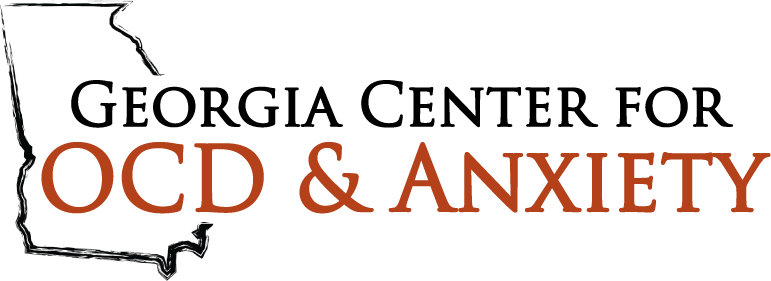Definition
Generalized Anxiety Disorder (GAD) is characterized by excessive worry and physical tension or other bodily experiences lasting for at least 6 months.
The worry is excessive, persistent, unrealistic, and difficult to control. Commonly, one’s worries are about events that could happen. Individuals with GAD often expect disaster, even when they are aware their anxiety is not proportional to the situation. In addition, it is common with those experiencing GAD to worry about the tendency to worry.
Although the exact cause of GAD is unknown, evidence suggests biological factors, family background, and life experiences, particularly stressful ones, play a role.
Symptoms
The worry feelings can be accompanied by restlessness/difficulty sleeping, fatigue, poor concentration, irritability, muscle tension, and feeling high-strung. Excessive worry and physical tension easily feed off one another and escalate. The thought of “what if…” frequently surfaces in those with GAD.
Depending on the severity of the anxiety, an individual with GAD may have difficulty carrying out simple daily activities (severe anxiety). Oppositely, they may be able to function socially and sustain stable employment (mild anxiety).
Prevalence
GAD is estimated to affect 6.8 million adults, or 3.1% of the U.S. population. Women are twice as likely to be affected.
Treatment
Cognitive-Behavioral Therapy (CBT) is effective for people with GAD. Through CBT, the individual is guided to identify, understand, and modify faulty thought and behavior patterns. This allows the individual to better control their worry. Medication is also commonly used to treat GAD. Relaxation techniques, meditation, yoga, exercise, and other alternative treatments may also be effective pieces of a treatment plan.

